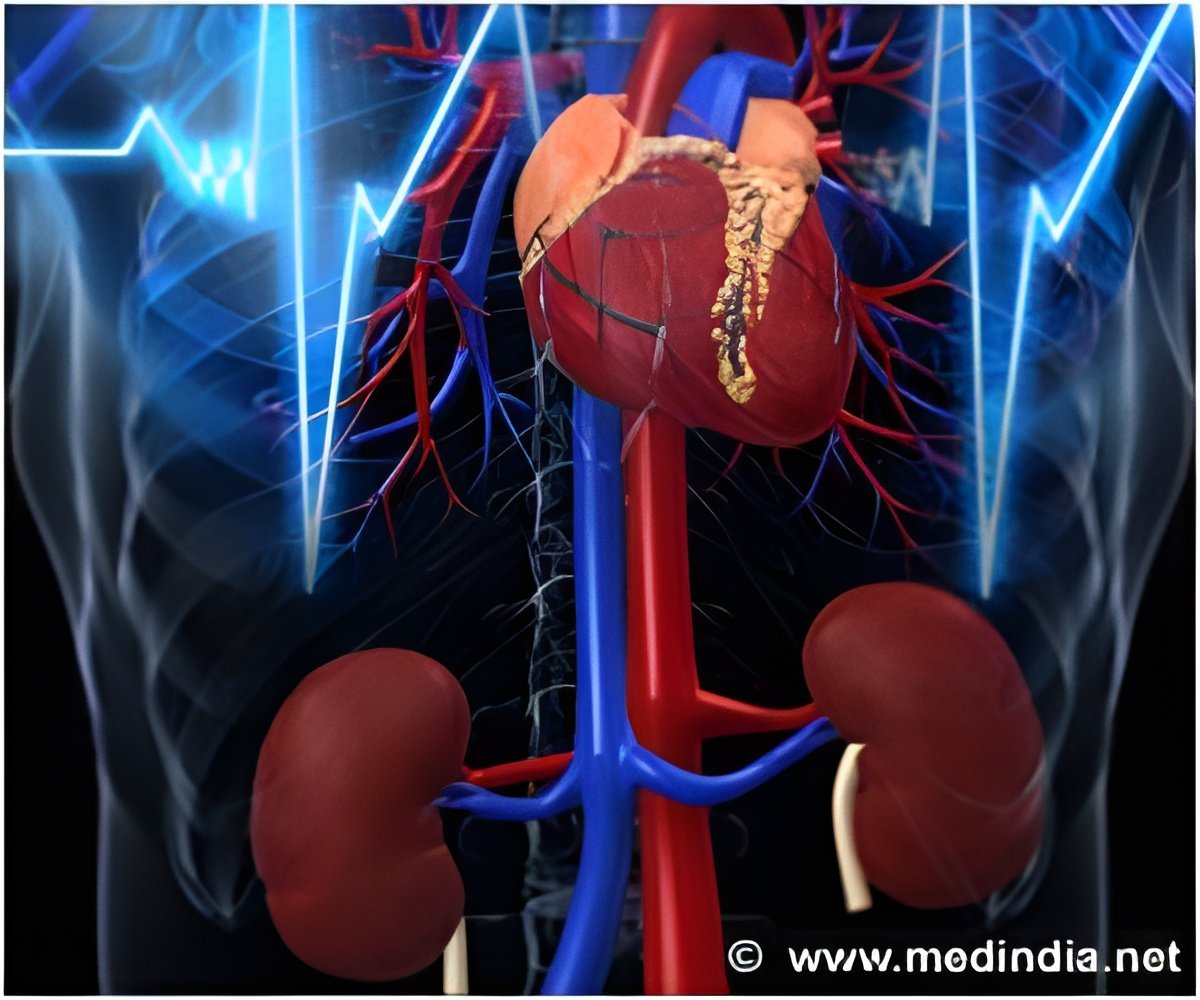In patients with kidney disease, a structured exercise and lifestyle program can improve fitness, body composition, and heart function.

Approximately 60 million people globally have chronic kidney disease (CKD). These individuals have a high risk of dying prematurely from heart disease, and they usually have very poor levels of fitness. In the general population, improving fitness can improve risk factors for heart disease, but it is not known if this is true in patients with CKD. Nor is it known if this can be done safely as these individuals often have many other medical problems such as diabetes and high blood pressure.
Nicole Isbel, MD, Erin Howden, PhD (Princess Alexandra Hospital and University of Queensland, in Brisbane Australia), and their colleagues sought to develop an exercise and lifestyle modification program that was safe and effective for patients with moderate CKD. The program they designed was managed by a multidisciplinary team including a kidney specialist, a specialized nurse practitioner, an exercise physiologist, a dietitian, a diabetes nurse, and a psychologist. Components included 150 minutes per week of moderate intensity exercise as well as group behavior and lifestyle modification sessions. Eighty-three patients were randomized to either take part in the program or receive usual care.
"We were hoping to see that patients became fitter and lost weight and learned techniques that would help them maintain this change," explains Dr. Isbel. The researchers also looked at patients' heart function before and after 12 months of the program.
At the beginning of the study, only 45% of patients could achieve their age-predicted exercise capacity. Those who participated in the program for 12 months were significantly fitter-with an 11% increase in their maximal aerobic capacity compared with a 1% decrease in patients receiving usual care. Patients in the program also achieved a small but significant amount of weight loss. "We demonstrated that this could be done safely in spite of patients having a number of other health problems. This was in part because of the expertise of the multidisciplinary team, who frequently adjusted diabetic and blood pressure medications," said Dr. Isbel. Importantly, the researchers also saw that there was an improvement in heart function in patients in the intervention group.
"Our findings suggest that with the inclusion of structured exercise training and the right team support, improvements in fitness are achievable even in people with multiple health issues," said Dr. Howden. "Improvements in fitness translate not only to improved health outcomes, but result in gains that are transferable to tasks of everyday life." Larger studies with longer follow up are required to determine whether including this type of program as standard care may reduce CKD patients' risk of dying prematurely from heart disease, she added.
Advertisement
Disclosures: The authors reported no financial disclosures.
Advertisement
The content of this article does not reflect the views or opinions of The American Society of Nephrology (ASN). Responsibility for the information and views expressed therein lies entirely with the author(s). ASN does not offer medical advice. All content in ASN publications is for informational purposes only, and is not intended to cover all possible uses, directions, precautions, drug interactions, or adverse effects. This content should not be used during a medical emergency or for the diagnosis or treatment of any medical condition. Please consult your doctor or other qualified health care provider if you have any questions about a medical condition, or before taking any drug, changing your diet or commencing or discontinuing any course of treatment. Do not ignore or delay obtaining professional medical advice because of information accessed through ASN. Call 911 or your doctor for all medical emergencies.
Founded in 1966, and with more than 13,500 members, the American Society of Nephrology (ASN) leads the fight against kidney disease by educating health professionals, sharing new knowledge, advancing research, and advocating the highest quality care for patients.
Source-Newswise















